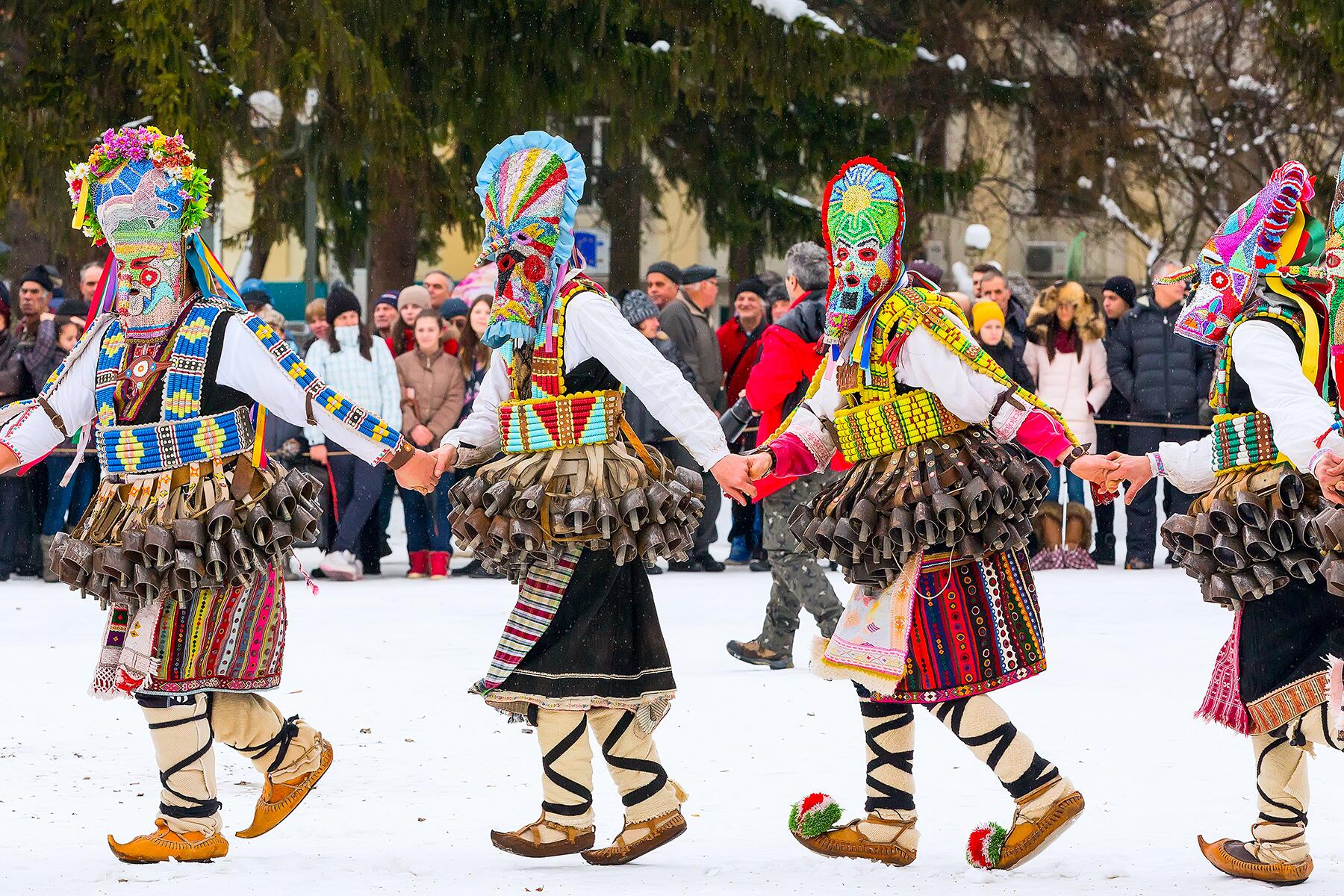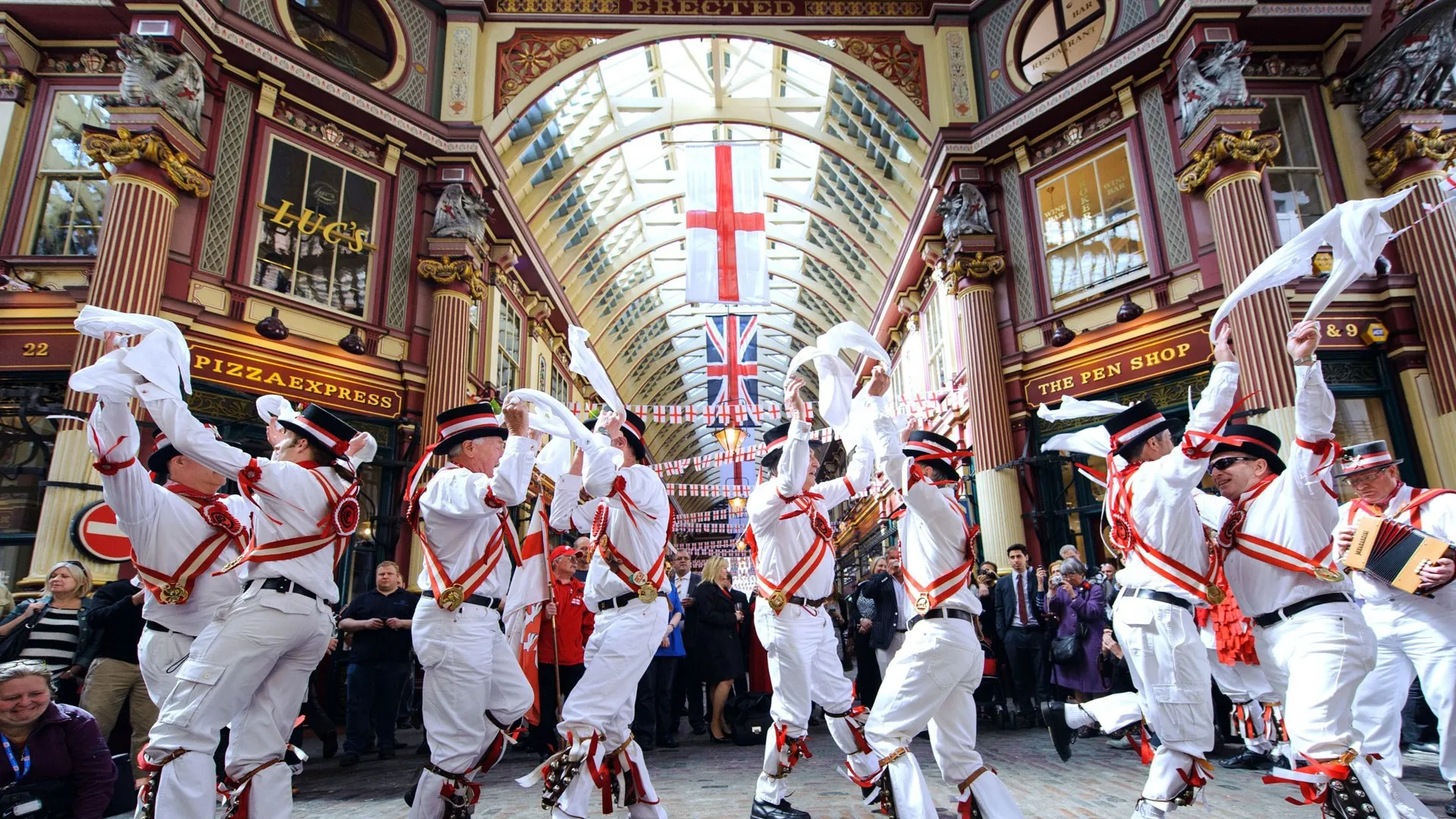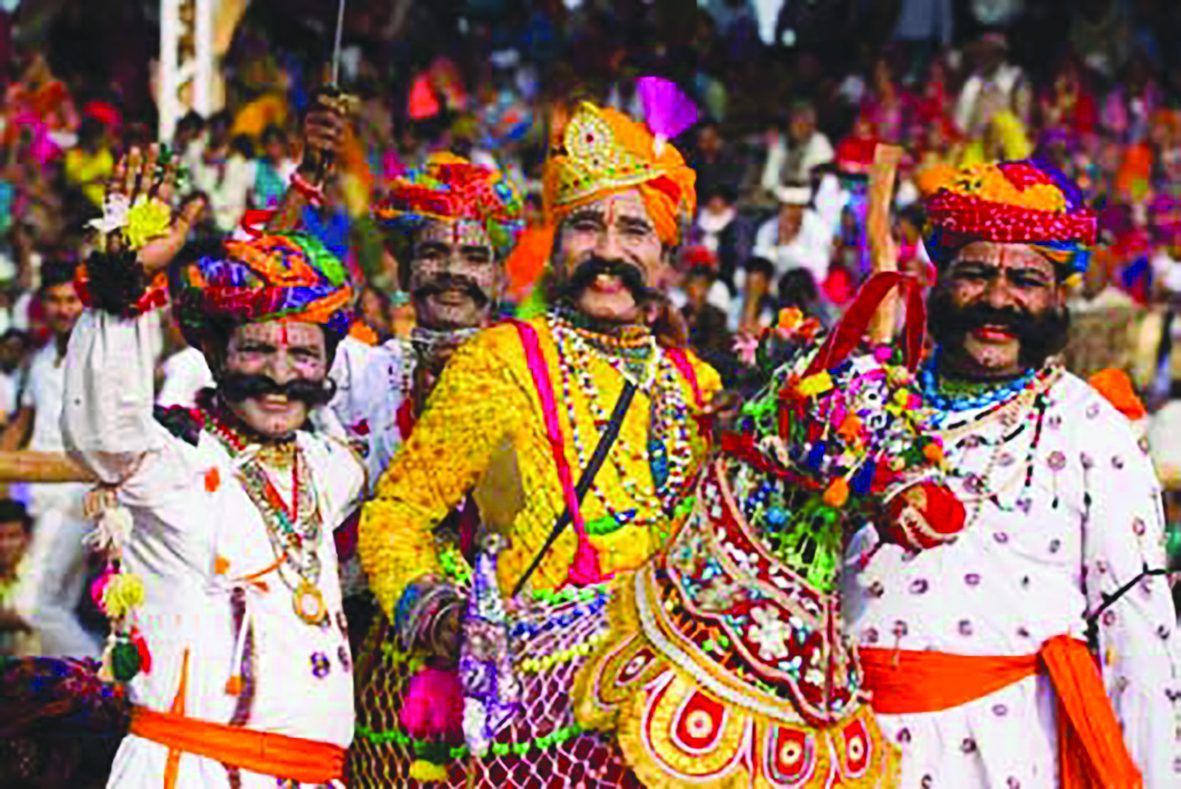Introduction
Tradition, a word that conjures images of timeless rituals and customs, is the lifeblood of cultures and societies around the globe. But what exactly is tradition? At its core, tradition is the transmission of customs or beliefs from generation to generation. These practices hold immense importance in society, serving as a link to our past and a guide for our future. Traditions shape our identities, foster community bonds, and provide continuity and stability in an ever-changing world.
Historical Significance of Tradition
The origins of traditions are as old as human civilization itself. From the earliest days, humans have developed rituals and customs to mark significant events, celebrate successes, and honor their deities. These traditions evolved over time, influenced by changes in society, technology, and interaction with other cultures. Despite these changes, the essence of tradition remains the same – it is a way for communities to preserve their history and pass on their values and knowledge.
Cultural Traditions
Different cultures around the world have their own unique traditions. These range from the colorful festivals of India, such as Diwali and Holi, to the intricate tea ceremonies of Japan. Each tradition is a reflection of the culture’s values, history, and way of life. Festivals and celebrations play a crucial role in these traditions, bringing people together to celebrate their shared heritage and foster a sense of community.
Family Traditions
Family traditions are the cornerstone of family life, creating lasting memories and strengthening family bonds. These traditions can be as simple as a weekly family dinner or as elaborate as an annual holiday gathering. They provide a sense of continuity and stability, allowing family members to feel connected to their heritage and each other. Passing down these traditions from one generation to the next helps to maintain the family’s unique identity and values.
Religious Traditions
Religious traditions hold a special place in the lives of many people. They provide a framework for worship and a way to connect with the divine. Examples of religious traditions include the Christian practice of celebrating Christmas and Easter, the Jewish observance of Hanukkah, and the Islamic rituals of Ramadan and Hajj. These traditions are often accompanied by specific rituals, prayers, and ceremonies, each with deep spiritual significance.
Tradition in Modern Society
In today’s fast-paced world, balancing tradition and modernity can be challenging. While some traditions may seem outdated, they still hold value in providing a sense of stability and continuity. The impact of globalization has also introduced new challenges, as cultures interact and influence each other more than ever before. However, many people find ways to adapt traditions to fit modern lifestyles, ensuring that they remain relevant and meaningful.
Tradition and Identity
Traditions play a crucial role in shaping individual and collective identities. They provide a sense of belonging and pride, connecting people to their heritage and community. For many, traditions are a source of comfort and strength, offering a link to their ancestors and a sense of continuity in an ever-changing world.
Preservation of Traditions
Efforts to preserve traditions are vital in maintaining cultural diversity and heritage. This can involve documenting traditional practices, teaching them to younger generations, and promoting their significance within the community. However, preservation can be challenging, especially in the face of modernization and globalization. It requires a concerted effort from individuals, communities, and governments to keep these traditions alive.
Traditions and Innovation
Tradition and innovation are often seen as opposing forces, but they can also complement each other. Many modern innovations are inspired by traditional practices, and integrating tradition with new ideas can lead to creative and sustainable solutions. For instance, traditional architectural styles often influence contemporary building designs, blending the old with the new in harmonious ways.
Tradition in Art and Literature
Art and literature have long been mediums for expressing and preserving traditions. Artists and writers draw on their cultural heritage to create works that reflect their traditions and values. These works not only preserve traditions but also introduce them to wider audiences, fostering greater appreciation and understanding of different cultures.
Traditions in Education
Teaching traditions in schools is essential for cultural education. It helps students understand their own heritage and the traditions of others, promoting respect and appreciation for cultural diversity. Incorporating traditions into the curriculum can involve studying traditional arts, music, literature, and history, as well as participating in traditional ceremonies and festivals.
Traditions and Community
Traditions play a vital role in community building, bringing people together and fostering a sense of belonging. Community traditions can include local festivals, parades, and communal meals, which provide opportunities for social interaction and strengthen communal bonds. These traditions help to create a shared identity and a sense of pride in the community.
Future of Traditions
The future of traditions is a topic of much discussion. While some fear that modernization and globalization may lead to the loss of traditional practices, others believe that traditions will continue to evolve and adapt. By finding ways to integrate traditions into modern life, we can ensure that they remain relevant and meaningful for future generations.
Conclusion
Traditions are an essential part of our lives, providing a link to our past and a guide for our future. They shape our identities, foster community bonds, and offer continuity in an ever-changing world. As we move forward, it is crucial to preserve and adapt our traditions, ensuring that they continue to enrich our lives and connect us to our heritage.
FAQs
What defines a tradition?
A tradition is a custom or belief that is passed down from generation to generation, often with significant cultural or historical importance.
Why are traditions important?
Traditions provide continuity, stability, and a sense of identity. They foster community bonds and connect individuals to their heritage.
How do traditions evolve?
Traditions evolve through changes in society, technology, and interaction with other cultures. They adapt to remain relevant and meaningful in modern contexts.
Can traditions be harmful?
While many traditions are positive and enriching, some can be harmful if they perpetuate outdated or discriminatory practices. It is important to critically evaluate traditions and adapt them as needed.
How can we preserve traditions?
Preserving traditions involves documenting traditional practices, teaching them to younger generations, and promoting their significance within the community. It requires a collective effort from individuals, communities, and governments.
